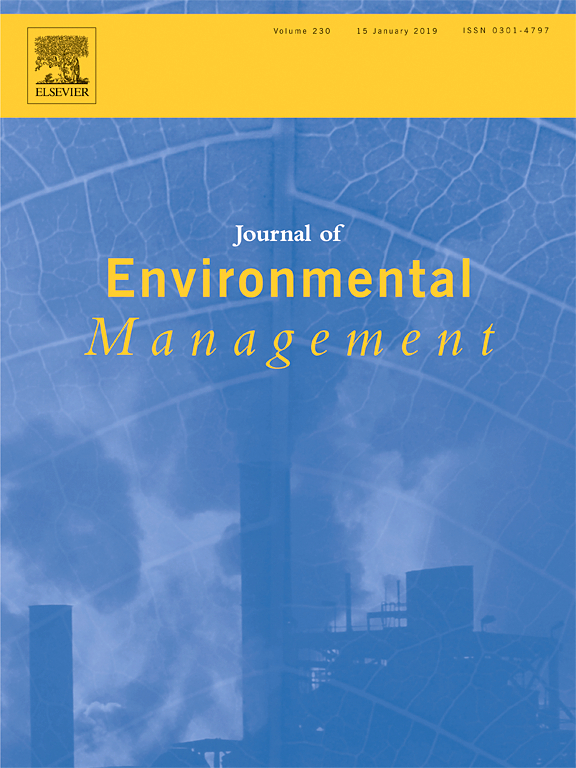Prosopis africana (Guill., Perrott. and Rich.) Taub. is important for farming and pastoralist communities in the West African Sahel. It provides a range of essential products (wood, fuel, food, fodder and medicines) and services (soil fertility improvement), and is one of many native tree species maintained in the traditional agroforesty system, known as the parkland. However, this and other valuable species are disappearing in many parts of the region due to over-exploitation and, perhaps, due to increasingly drier conditions in the region. A provenance/progeny test (275 families from 28 provenances in Burkina Faso and Niger) was established at one location in Niger to investigate geographic variation in the species. Mean annual rainfall decreases from south to north and from west to east in the seed collection area. Given these gradients, one would expect clinal variation in growth and survival of pafricana and other tree species that occur naturally in the region. Tree growth (height, number of primary branches, stem diameter at 20 cm and 1.3 m) and survival were analyzed at 11 years. Variation due to provenances was significant for growth variables and almost significant for survival. Variation due to families within provenances was not significant for any variable. Provenance means for growth and survival increased from the more humid to the drier parts of the sample region. The clines in growth and survival with regional rainfall patterns suggest that tree improvement and conservation programs should collect seeds from populations in the drier zones for planting and conservation in the West African Sahel. This may be particularly important when one considers the trend in global warming.
DOI:
https://doi.org/10.1016/j.foreco.2008.05.004
Altmetric score:
Dimensions Citation Count:























